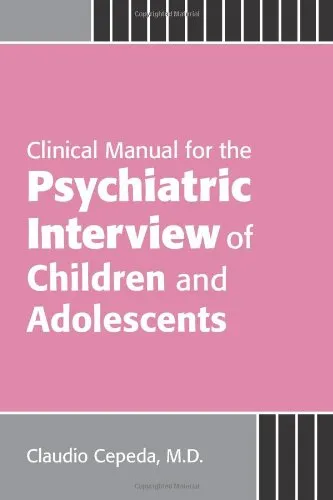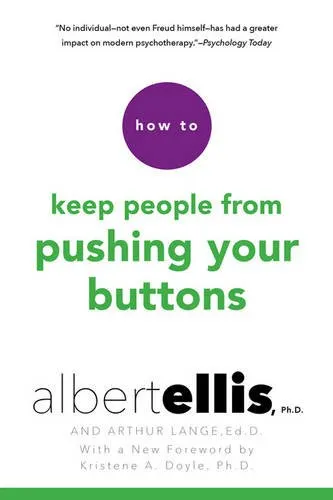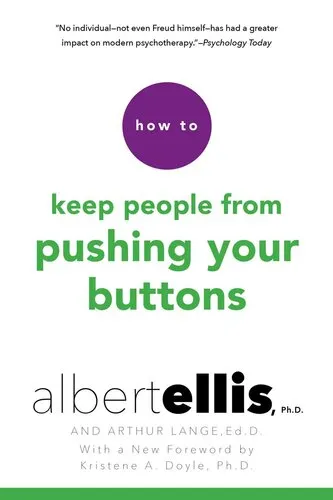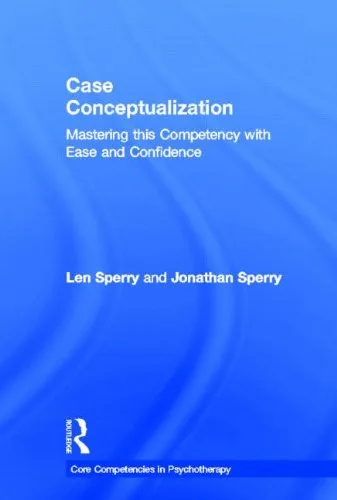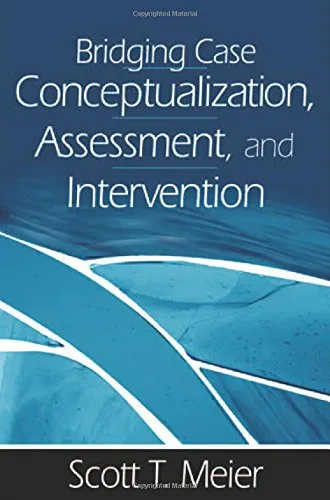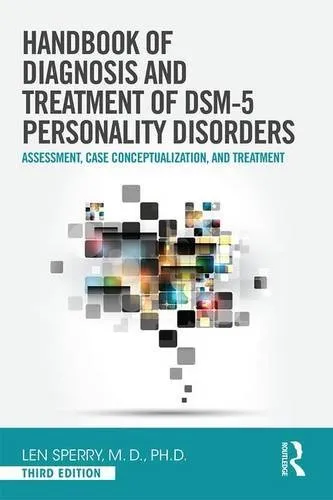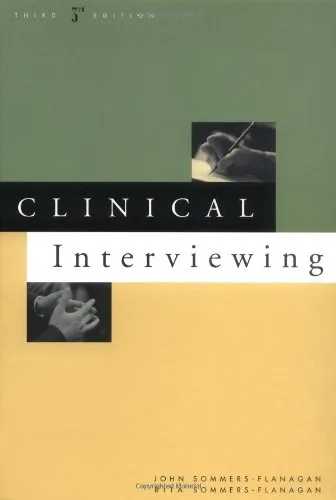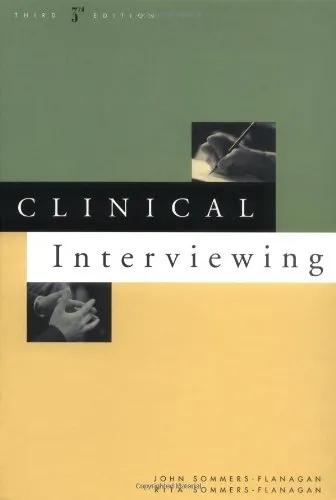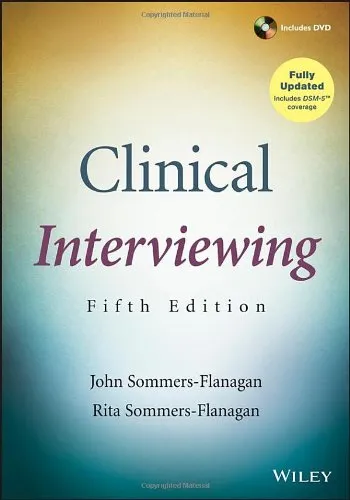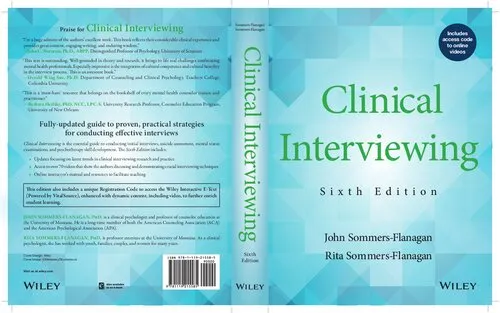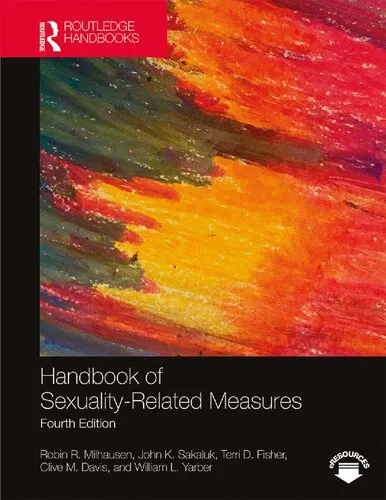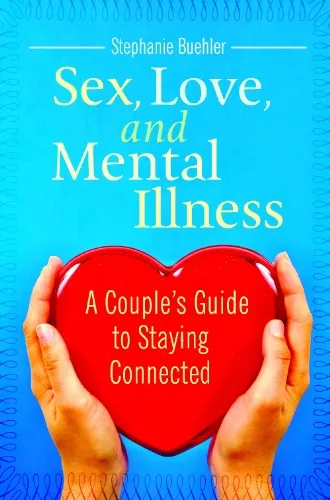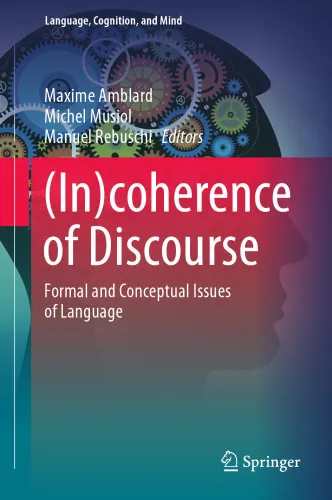Clinical Manual for the Psychiatric Interview of Children and Adolescents
4.5
Reviews from our users

You Can Ask your questions from this book's AI after Login
Each download or ask from book AI costs 2 points. To earn more free points, please visit the Points Guide Page and complete some valuable actions.Related Refrences:
Introduction to 'Clinical Manual for the Psychiatric Interview of Children and Adolescents'
The ability to accurately assess and treat mental health issues in children and adolescents is essential for professionals in psychiatry, psychology, and other related fields. In 'Clinical Manual for the Psychiatric Interview of Children and Adolescents,' author Claudio Cepeda delivers a comprehensive guide to conducting effective and empathetic psychiatric interviews with young patients. This book serves as a cornerstone resource for clinicians seeking to enhance their skills, understand developmental nuances, and navigate challenges unique to the mental health needs of youth.
Detailed Summary
Focused on the nuances of psychiatric evaluations for children and adolescents, this manual is an indispensable tool for clinicians ranging from beginners to experienced professionals. The book covers key aspects of the psychiatric interview, including interviewing techniques tailored to different developmental stages, understanding family dynamics, and utilizing cultural sensitivity. It provides a detailed approach to effectively communicating and building rapport with young patients while being mindful of their psychological and emotional needs.
One of the standout features is the attention to developmental considerations. Cepeda categorizes stages of psychological development and provides practical insights on tailoring questioning techniques to match age-appropriate cognitive and emotional capabilities. The manual also outlines how to gather relevant information from caregivers, teachers, and other stakeholders, ensuring a holistic understanding of the child's mental health in the context of their environment.
Structured with clarity and detail, the book includes case studies, sample questions, checklists, and observational techniques. These practical tools make the content actionable for clinicians and emphasize real-world applicability. By the end of the book, readers will feel equipped to conduct thorough psychiatric interviews that provide deeper insights into the mental health challenges faced by children and adolescents.
Key Takeaways
- Effective psychiatric interviewing relies on a personalized approach that respects the developmental stage and emotional state of each child or adolescent.
- Family dynamics and environmental influences play a critical role in the mental health of young patients; interviewing caregivers is equally important.
- A clear understanding of cultural contexts ensures that clinicians avoid bias and promote inclusivity in their psychiatric assessments.
- Rapport-building techniques are essential for establishing trust and creating a supportive environment during psychiatric interviews.
- Integrating multidisciplinary perspectives and collateral information is key for a comprehensive evaluation.
Famous Quotes from the Book
"The psychiatric interview is more than an exchange of information—it is a delicate interplay of trust, empathy, and discovery."
"Each child and adolescent presents a unique story, shaped by their developmental stage, familial context, and cultural environment."
"No psychiatric interview is complete without examining the intricate emotional threads connecting the young patient to their caregivers."
Why This Book Matters
In the field of child and adolescent psychiatry, understanding the subtleties of the young mind is a profound challenge. 'Clinical Manual for the Psychiatric Interview of Children and Adolescents' bridges the gap between theory and practice by offering clinicians evidence-based guidelines to conduct effective interviews. As rates of mental health concerns in youth steadily rise, this resource becomes increasingly relevant, empowering professionals to make accurate diagnoses and provide meaningful care.
Its focus on age-specific interviewing techniques, family and cultural contexts, and the integration of collaborative methods is critical for fostering a holistic approach. The book not only helps clinicians understand what to say but also when, how, and why to say it. Moreover, it underscores the importance of empathy and the clinician’s role as an active listener in promoting long-term mental health for children and teens.
For professionals dedicated to improving the lives of young individuals, this book provides the skills, tools, and insights necessary to approach psychiatric interviewing with confidence and compassion. Its value lies in its practicality, its depth, and its unwavering commitment to the mental health and well-being of youth.
Free Direct Download
You Can Download this book after Login
Accessing books through legal platforms and public libraries not only supports the rights of authors and publishers but also contributes to the sustainability of reading culture. Before downloading, please take a moment to consider these options.
Find this book on other platforms:
WorldCat helps you find books in libraries worldwide.
See ratings, reviews, and discussions on Goodreads.
Find and buy rare or used books on AbeBooks.
1174
بازدید4.5
امتیاز0
نظر98%
رضایتReviews:
4.5
Based on 0 users review
Questions & Answers
Ask questions about this book or help others by answering
No questions yet. Be the first to ask!
